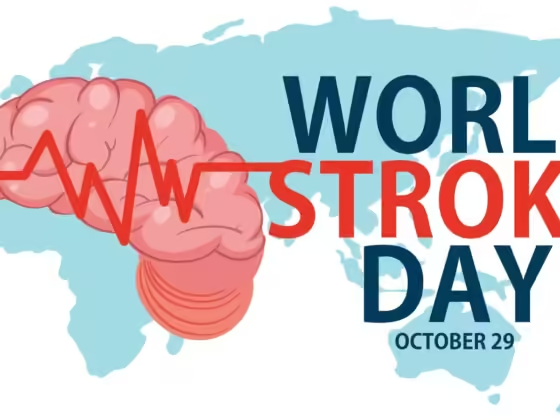Have you ever found your stomach hurting after every meal or the entire digestive tract on a strike or disallowing you to concentrate on work?
Then you must visit your doctor may for the possibility of irritable bowel syndrome (IBS), Small Intestinal Bacterial Overgrowth (SIBO), and other functional GI disorders.
Your doctor may have suggested you start avoiding certain foods and ensure intake of a particular type of foods – the banned ones being foods that gastroenterologists call the FODMAP diet.
In today’s world some of the top diet plans are intermittent fasting, plant-based diets, low-carb diets, low-fat diets, the paleo diet, the Mediterranean diet, WW (Weight Watchers), and the DASH diet (Dietary approach to stop Hypertension), said Dr Rimmi Verma, Orthopaedic and Sports physiotherapist (Gold medallist) Sujok Therapist Consultant Physiotherapist ar Axis Hospital, Andheri West
Fodmap diet was developed by a research team in Australia.
FODMAPs are a recently identified category of sugars. It stands for Fermentable Oligosaccharides, Disaccharides, Monosaccharides, and Polyols. These are short-chain carbohydrates and sugar alcohols that are poorly absorbed by the body.
They ferment in the large intestine (bowel)during digestion, drawing in water and producing carbon dioxide, hydrogen, and methane gas that causes the intestine to expand. This causes Gastro Intestinal symptoms such as bloating and pain that are common in disorders like IBS ( Irritable Bowel Syndrome).
Research has found that this diet reduces symptoms in up to 86% of people.
The principle behind recommending this diet is to give the gut time to heal.
Fodmap are not necessarily unhealthy food.
It includes food like Dairy-based milk, yoghurt and ice cream, Wheat-based products such as cereal, bread, cakes, noodles, fruits like apples, cherries, pears and peaches, vegetables like asparagus, beetroot, cauliflower, onions and garlic.
It is short term diet designed to identify what foods you can tolerate and which ones to avoid. In a low-FODMAP diet, a person eliminates foods with high concentrations of FODMAPs and then slowly phases them back in, one category at a time, to determine which of the groups are causing a person’s digestive issues.
The FODMAP diet is not meant to restrict calories and induce weight loss.
It does not alleviate all digestive issues. People also presume a low Fodmap diet is a gluten-free diet which is not correct.










